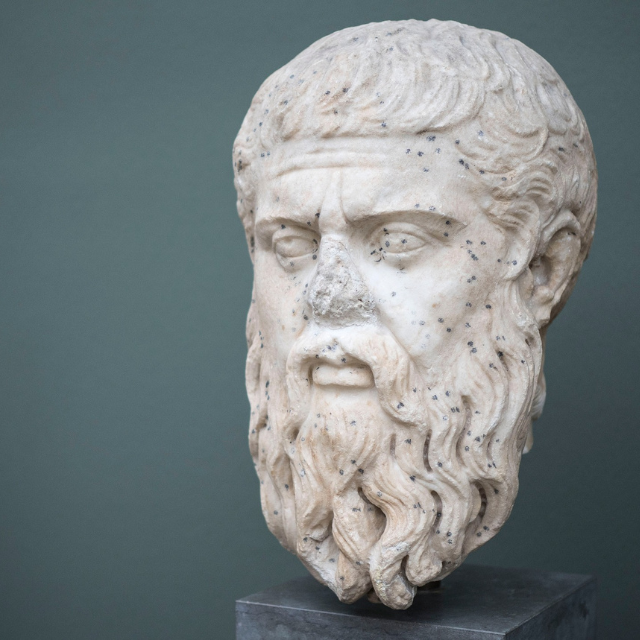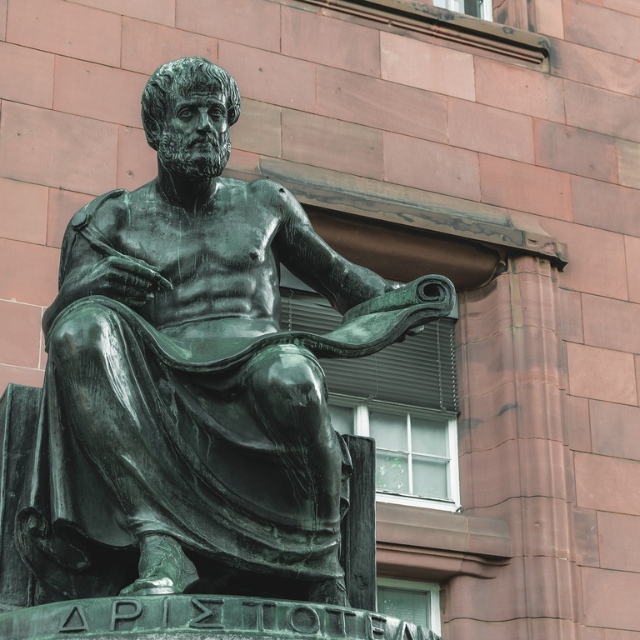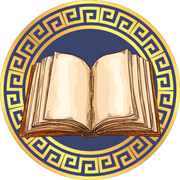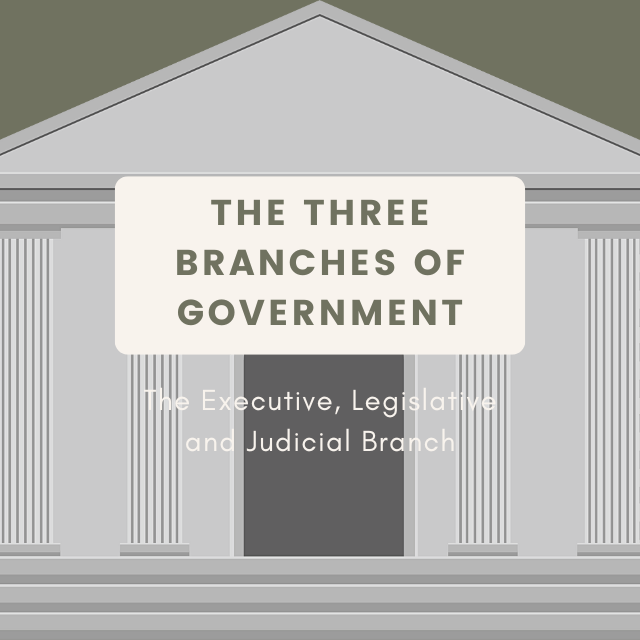What is Plato's Idea of a Utopian state? | The Republic
The Republic is a written dialogue between Plato and Adeimantus; It tackles on topics such as: The Change of Family Structure, Preferred Characteristics to have, Man's Occupation, Equality, Unity, Eugenics & more.

Who is Plato?
The Founder of "The Academy", Student of Socrates, Teacher of Aristotle, Philosopher and Political Theorist.
Plato is an Aristocrat born in Athens (427-347 B.C), he is a student of Socrates, another Greek philosopher from Athens who is credited as the founder of Western philosophy.
After his teacher's death, Plato spent 12 years traveling in southern Italy, Sicily and Egypt, only to return back to Athens and founded The Academy, an academic program which is considered to be the first Western university.
Majority of Plato's literature are written dialogues, Plato's dialogues engages in topics such as, but not limited to: Ethics, Justice, Philosophy, Politics, Mathematics and Arts.
How Plato died is undetermined.
The Republic
The Republic is a written dialogue between Plato and Adeimantus; It explores the idea on how one ought to run a state, through the eyes of a philosopher.
It tackles on topics such as: The Change of Family Structure, Preferred Characteristics to have, Man's Occupation, Equality, Unity, Eugenics & more.
The Roles of Man
According to Plato, a person's occupation, regardless of the individual's social standing, should be determined by their Talents, Skills, and Character.
It matters not if the individual's social class is of a noble or part of royalty; if he does not have the ability to lead, then he shouldn't, the opposite is also true.
Though Man can learn multiple crafts and skills, Plato argues, it is much more efficient and beneficial for society if one specializes on one craft or skill instead of many.
This way, we don't have to worry about the skills being performed or quality of goods being made deteriorating due to different levels of skill.
Plato mentions three roles Man are divided into:
- Workers and Laborers (The Working Class)
- Guardians (Warriors/Protectors/Soldiers)
- Rulers (Leaders)
The Role of a Worker
The Working Class consist of many occupations that includes Blacksmithing, Farmer, Tailors, Shoemaker, Cook, Construction Worker, etc.
They are the backbone of the state, our whole economy, without them we will lack necessities and commodities.
The Role of a Guardian
They are the Soldiers who protect and fight for the state; They are also the ones who upholds the law.
They are to protect the citizens from external and internal threats and conflict; they ought to treat every citizen as a member of their Family.
The Role of a Ruler
The Ruler is responsible for improving the commonwealth and the well-being of the community.
The qualifications of being a ruler is mentioned below.
Qualifications of a Ruler
The following are roughly the qualifications Plato has recommended a state should have in choosing a leader:
- Must be an Elder
- Must have the intelligence and the ability to lead
- Must never do acts that goes against the interest of the commonwealth
- Must have good memory and immune to delusion
- Must be capable in preserving good traits, never allowing themselves to be bewitched into depravity
Plato states that we ought to test applicants and potential Rulers by subjecting them to ordeals of toil, pain and bewitchment, in order to see if they are fit rule.
Equal Opportunity
Plato has little care for what an individual's sex is, regarding their career.
Plato argues that women can pursue careers that are usually assigned to men as long as they are just as skilled, vice versa.
In other words, regardless of their sex, a person's occupation are determined by their Talents, Skills, and Character.
Eugenics
In ancient civilizations, the practice of Eugenics was widely accepted, a famous example is Sparta's act of infanticide.
Plato, just like neighboring countries and cultures, believes in the merit that comes from the practice of eugenics.
Plato argues that the government should regulate as many unions between the best of both sexes and less of the inferior ones, as to maintain and improve the populace.
What Plato defines "best" are people who has good Intellect and Character, the characteristics of a ruler and a Guardian.
New Family Structure
Plato believes that wives and children ought to be common, and that Parents do not know their children, vice versa.
The goal for this type of Family Structure is to get rid of the biases man have when it comes to their members of their own family.
This way, we see every civilian as our own brothers and sisters; Man's goal becomes protecting and serving the State as a whole instead of prioritizing one’s family's need.
Childhood
Plato reasoned that children's past time must be kept within strict bounds, otherwise they will never grow into law-abiding and well-conducted citizens.
As soon as children are born, they will be taken away from their mother and be taken in charge by officers for their education and livelihood.
Every now and then the mother will be given a chance to breastfeed her child, while taking precaution that the Mother will not grow attach to the child; Wet nurses are provided if necessary.
Education
Education must not make people become worse off on their craft or skill; Education must also not encourage the maltreatment of their fellow citizens.
Another thing to point out in what Plato said is that the education received between the two sexes that are pursuing the same career should not be different.
Otherwise, we will have an imbalance level of skill between males and females with the same profession.
The Good State
Plato states that the Goal of a State is not to make a class of people happy, but to secure the happiness of the community as a whole.
A state where all citizens possess Wisdom, Courage, Temperance and A Sense of Justice, is the type of state we should strive for.
The best ordered State is one where if not all, most of the people are united; A united State can be identified if the citizens treat each other as if their Family.
Plato's Rules for Rulers
Plato never made a set of rules for rulers, but within the written dialogue, "The Republic", various ideas were suggested on how one ought to rule properly.
The following are the ideas mentioned:
The Creation of Fables
Plato proposes that we ought to have a fable regarding the citizen's relation to each other, and their purpose in life.
The purpose for this is to create a culture and influence future constitutions and laws in how the State should run.
(Fables are stories that can influence how a person perceive life, the more people believe in them the greater its values will hold over the citizen's life.)
At the start of a newly created Fable, though the first and second generations may be skeptical, but as long as the fables are being taught consistently to future generations, it will eventually weed out the skeptics.
Protect the lower-class
Plato argues that we ought to protect our "lower class" man from discrimination, otherwise we risk nurturing born to be Rulers and Guardians to become Tyrants instead of Protectors.
How to treat our Guardians
Plato reasoned that we ought not to endow Guardians with too much income or land, otherwise we risk turning them into mercenaries instead of true Guardians.
A Guardian's duty should not be a means to an end.
Promote Unity
The most evil action a man can do, Plato states, is the dismemberment or the disruption of unity.
The level of unity that we are striving for is where the suffering or joy of an individual can affect the whole state.
CONCLUSION
- Plato believes that a person's occupation ought to be determined by their Talents, Skills, and Character, regardless of class.
- Potential rulers ought to be subject to ordeals of toil, pain, and bewitchment, in order to see if they are fit rule.
- That there should be as many unions between the best of both sexes, and very few unions of the defects and inferior, so that the populace will gradually improve.
- Plato proposes a new Family Structure where Parents do not know their children, and children do not know their parent, in order to make man's goal becomes protecting and serving the State as a whole instead of prioritizing ones family need.
- Children's past times are to be kept within strict bound, in order for them to grow up as law abiding citizens.
- That children are to be taken in charge by officers for their education and livelihood.
- Education must not make people become worse off on their craft or skill; Education must also not encourage the maltreatment of their fellow citizens.
- The Goal of a State is not to make a class of people happy, but to secure the happiness of the community as a whole.
- The best State is one where if not all, the majority of the people are united.
- Plato suggested that we ought to have a fable in order to create a culture and influence future constitutions and laws in how you want the State to be run.
- Protect our "lower class" man from discrimination, otherwise we risk nurturing born to be Rulers and Guardians to become Tyrants instead of Protectors.
- Do not make Guardians become Mercenaries through excess rewards.
- The most evil action a man can do is the dismemberment or the disruption of unity.
If this topic interests you, you may find this interesting as well:

Last modified: September 29.2024
Copyright ©2023, ©2024 by Marshall Vulta





Comments ()